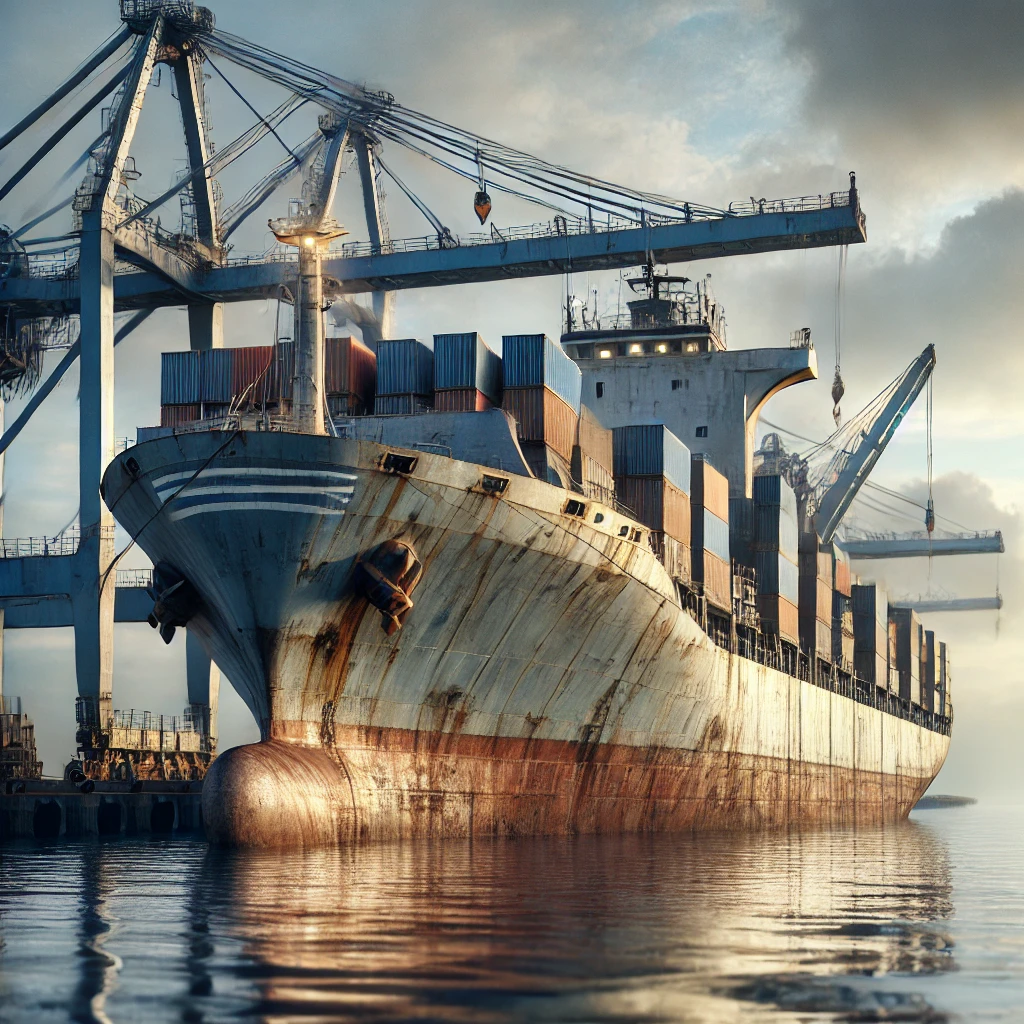In Singapore, one of the busiest ports in the world, Incoterms (International Commercial Terms) play an essential role in global trade. These terms govern the responsibilities of buyers and sellers in international shipping, outlining who is responsible for the transportation, insurance, and risk at various points in the supply chain. For businesses engaged in marine trade, understanding the interplay between Incoterms and marine cargo insurance is critical for risk management, ensuring that goods are adequately insured while they move across international waters.
What Are Incoterms?
Incoterms are standardised trade terms set by the International Chamber of Commerce (ICC). They clarify the roles and responsibilities of buyers and sellers in international trade contracts, particularly with respect to shipping and insurance obligations. There are 11 Incoterms in total, categorized into two main groups:
- Terms for Any Mode of Transport: These include EXW (Ex Works), FCA (Free Carrier), CPT (Carriage Paid To), CIP (Carriage and Insurance Paid To), DAP (Delivered at Place), DPU (Delivered at Place Unloaded), and DDP (Delivered Duty Paid).
- Terms for Sea and Inland Waterway Transport: These are specifically relevant to marine trade and include FAS (Free Alongside Ship), FOB (Free on Board), CFR (Cost and Freight), and CIF (Cost, Insurance, and Freight).
Each of these terms dictates who is responsible for insuring the cargo at different stages of the shipment. This is particularly important for Singapore-based importers and exporters, given the city-state’s strategic role as a global shipping hub.
How Incoterms Affect Marine Cargo Insurance in Singapore
Marine cargo insurance protects goods in transit, particularly when transported by sea. The chosen Incoterm in a sales contract determines who is responsible for purchasing insurance and at which point risk is transferred from the seller to the buyer. Here’s how some of the most commonly used Incoterms impact marine cargo insurance for Singapore-based companies:
1. EXW (Ex Works)
Under EXW, the seller’s responsibility ends once the goods leave their premises. The buyer, often based in another country, must arrange for all aspects of shipping, including marine cargo insurance. For Singaporean buyers dealing with suppliers abroad, this means they assume full responsibility for insuring the goods during their transit from the point of collection all the way to Singapore.
2. FCA (Free Carrier)
In an FCA contract, the seller arranges delivery to a carrier or a specific location, and the buyer takes over from there. For example, a Singaporean importer may need to insure the goods from the moment they are handed over to the carrier in the seller’s country. This shifts the responsibility for marine cargo insurance to the buyer once the goods are delivered to the carrier.
3. FOB (Free on Board)
FOB is commonly used in marine shipments, especially for imports and exports from Singapore. Under FOB, the seller has responsibility for the goods until they are loaded onto the ship at the port of origin. After that, the risk shifts to the buyer, who is then responsible for marine cargo insurance. Singapore-based companies using FOB must ensure they arrange insurance from the moment the goods are loaded onto the vessel in the seller’s country.
4. CIF (Cost, Insurance, and Freight)
CIF is widely used by exporters in Singapore. Under this term, the seller arranges for shipping and marine cargo insurance, covering the goods until they reach the port of destination. However, the insurance provided by the seller may only meet minimum requirements, so buyers in Singapore might choose to purchase additional coverage to safeguard against unforeseen risks. This is crucial, given the high value of goods often transported through Singapore’s port.
5. DAP (Delivered at Place)
In a DAP agreement, the seller is responsible for all shipping costs and risks up to the point of delivery at the buyer’s location. However, the risk typically transfers to the buyer once the goods are ready for unloading at their destination. In such cases, Singaporean businesses need to ensure that their marine cargo insurance covers any potential risks after the goods arrive at the port, particularly during unloading or final delivery stages.
Importance of Understanding Incoterms in Singapore
For businesses operating in or through Singapore, the correct interpretation of Incoterms is crucial for mitigating risk in international trade. Misunderstanding or misapplying these terms could leave a party underinsured, leading to financial losses. For instance, if a Singaporean buyer wrongly assumes that their supplier has arranged comprehensive insurance under a CIF contract, they might face significant exposure in the event of a cargo loss at sea.
It is equally important for Singaporean exporters to clearly communicate with overseas buyers about their responsibilities for insurance, particularly under terms like FOB and EXW. Failing to clarify these responsibilities can result in delays and disputes, especially when claims arise due to damaged or lost goods.
Conclusion: The Role of Incoterms in Singapore’s Shipping Industry
As a global shipping hub, Singapore’s businesses must be well-versed in how Incoterms affect their marine cargo insurance responsibilities. Key takeaways for local importers and exporters include:
- Risk Transfer: Incoterms specify when risk transfers from the seller to the buyer, determining who needs to purchase marine cargo insurance.
- Insurance Responsibility: Depending on the Incoterm, either the seller or buyer will need to ensure adequate marine cargo insurance coverage.
- Navigating Singapore’s Ports: With Singapore being one of the busiest ports globally, efficient use of Incoterms and proper insurance arrangements help avoid unnecessary delays and financial losses.
In the fast-paced world of international shipping, particularly in a hub as critical as Singapore, understanding Incoterms and their impact on marine cargo insurance is essential for successful global trade operations.


